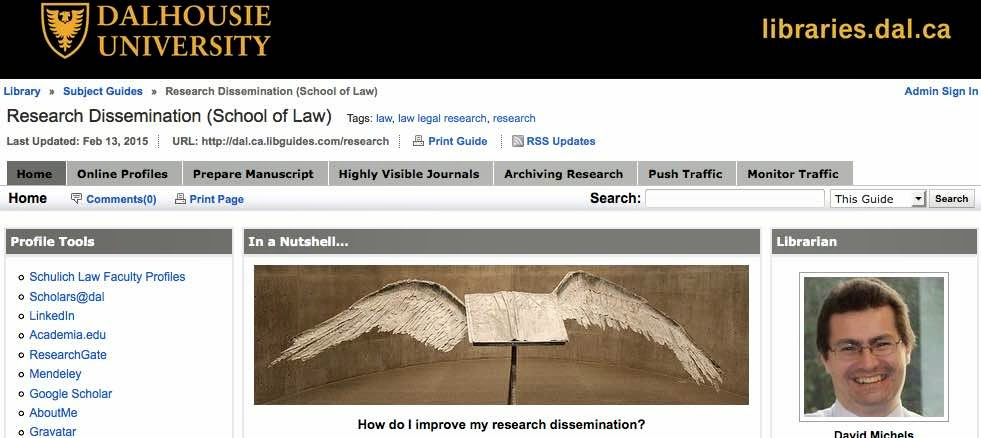It is finished. No, I am not
quitting
my PhD. I have considered it, and I have asked the existential question "why am
I doing this? often" But I
digress.
It is time to quit gathering data on the information seeking of leaders of churches in transition. Did I get all the data I wanted? No, but I got enough.
WHY DOESN'T EVERYONE WANT TO BE IN MY STUDY?
Hey, I'm a great guy! Why aren't leaders lining up to participate? I have been reflecting on why it has been so difficult to recruit church leaders. I have identified five reasons. Can you think of any more?
 1. Closing the Deal
1. Closing the Deal
My prospects are busy people. They need to know how participation will benefit their church. I need to clearly communicate that benefit and sometimes I am too timid. Do I believe my research is important? How can I communicate that better? This is something I need to think through when I am designing my study. This is a question about both style and substance.
 2. Ships that Pass in the Night
2. Ships that Pass in the Night
Sometimes we just can't connect. The research usually occurs over many months so if the church is not local this would require extended travel and might not be feasible for a researcher with a full-time job. Their timetable may to be too tight to accommodate me. We have a complex game of email/phone tag and it just doesn't work in the end. This eliminated a couple of my prospects.
3. Transition Trauma

The churches I am seeking are engaged in transition or change. They usually have good reasons to change. The process of change might have significant legal and social repercussions for that church so church leaders might not want someone looking over their shoulders. If the change is theological, the church might be at odds with their denomination. If the change is structural, board members and staff might be removed. Some transitions can be disastrous. This removed a couple more from my list.
4. Transparency Troubles
Churches are not all comfortable with the same level of transparency. Churches have legal
requirements for financial accountability that most take seriously. Some open their business meetings to visitors, and some restrict them to members only. I have been overwhelmed by how welcome some leaders have been to let me, an outsider, be a "
fly on the wall." Others have not. But I should add that this isn't just a church issue. It is human nature to seek to protect oneself from potential criticism, and it happens in the university context as well. So others buzzed off.
5. Professionals vs. Academics
I am an academic and a professional. There is a huge divide between these worlds sometimes. I have written in the fields of law and librarianship.
Research has shown that judges are decreasingly citing academic writing, finding it "
unhelpful for the bar." In librarianship much of the theoretical work has failed to make an
impact on library management. I believe this is applicable to the Church context. Many church leaders, especially lay leaders, are occupied with the "how" and "what" questions, and not the "why." I need to make my world accessible to them if I wish to engage with them and they with me. The list gets shorter.
I am very grateful for the leaders who had opened themselves and their churches to me. I hope and pray that I represent them fairly, and that my research finds a usefulness. Time to quit and finish writing.
Thank you for your time.
David
"Sale Sale", Simon Gregg, CC License, http://www.flickr.com/photos/xrrr/
"Ships that Pass in the Night", Lynn Hand, CC License, http://www.flickr.com/photos/your_teacher/3160970910/
"Change", busy.pochi, CC License, http://www.flickr.com/photos/busy-pochi/5170100206/
"Fly on the Wall", Matthileo, CC License, http://www.flickr.com/photos/matthileo/5105598473/
"Ivory Tower", David Schumaker, CC License, http://www.flickr.com/photos/rockbandit/9052784451/






 5/15/2015 09:15:00 AM
5/15/2015 09:15:00 AM
 David Michels
David Michels








